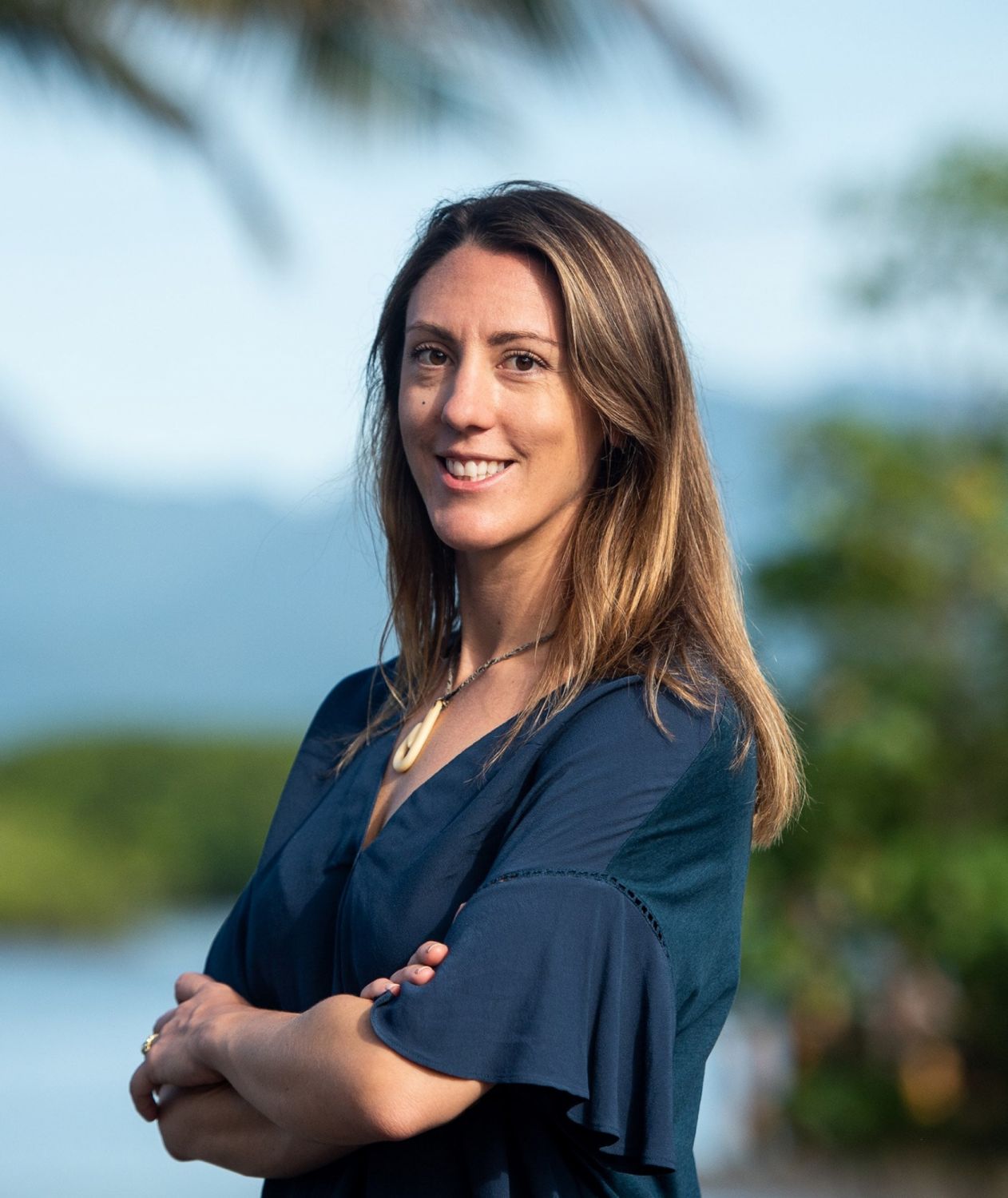Gen.T+
Climate change may seem too big an issue to tackle on an individual level, but two environmental advocates we invited to speak at our latest edition of Cloud Talk discuss why it's dangerous to think so
On August 3, we held a Cloud Talk to discuss the importance of individual actions in the fight against climate change.
The session was organised in partnership with Rolex, as part of Tatler's Under the Same Sky campaign with the luxury watchmaker to raise awareness about the people and solutions addressing the world's most pressing environmental challenges.
Participating in the session were two women who are driving positive changes in environmental conservation.
The panel
Rolex Laureate Dr Emma Camp is a marine biologist and an advocate for girls and women in science, technology, engineering and medicine (Stem), whose research focuses on coral reefs.
Gen.T honouree Natalie Chung co-founded V’air, a Hong Kong-based social enterprise that promotes sustainable tourism and climate education.
Here are some highlights from their discussion with Gen.T's Lee Williamson.
Read more: 8 Social Activists Making A Change In Southeast Asia
Don’t assume that you don’t matter
To Chung, “local action means understanding that our own individual efforts do add up”.
This means, “anybody, anywhere can make a difference,” Camp added. “[Change] comes from one person somewhere deciding to do things differently. And from there momentum builds into a whole movement of people trying to turn the tide.”
An unfortunate example of how true their statements are can be seen from the early stages of the Covid-19 pandemic when many cities across the world went into lockdown. According to ScienceDirect, a database of academic journals, reduced human activity resulted in cleaner water and air for many countries.
Further, sticking to new habits isn’t the only way we, as individuals, can fight climate change.
Read more: From Sustainability To Empowering Victims Of Abuse: 4 Beauty Brands Driving Positive Change


